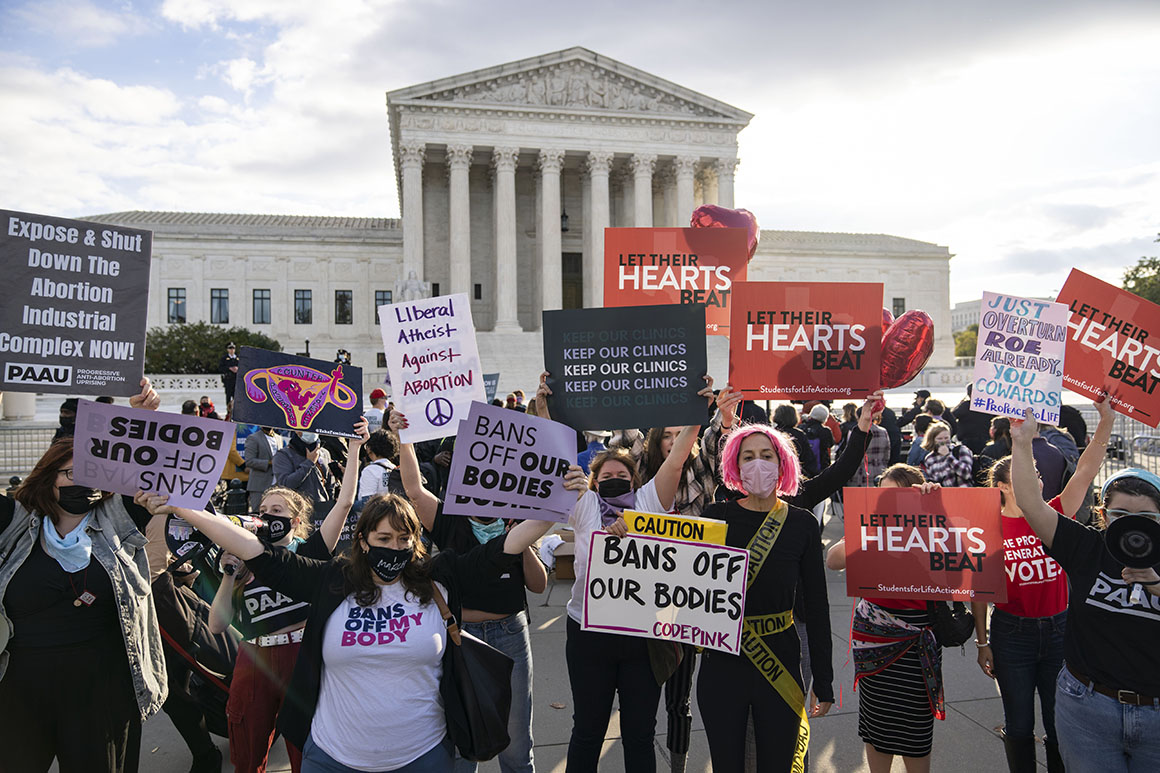
Photo Credit:
The U.S. Supreme Court plays a crucial role in shaping the legal landscape of the country, with its rulings on major cases having
significant impacts on immigration, voting rights, and healthcare.
In the realm of immigration, the Supreme Court has addressed several landmark cases. One notable decision was **Arizona v. United
States (2012)**, where the Court struck down several provisions of Arizona’s controversial immigration law, SB 1070. The ruling emphasized federal
authority over immigration enforcement, invalidating state-level attempts to impose harsher regulations. More recently, in **Department of Homeland Security v. Regents of the University of California (2020)**, the Court blocked the Trump administration's attempt to end the Deferred Action for Childhood Arrivals (DACA) program, protectinghundreds of thousands of undocumented immigrants who were brought to the U.S. as children from deportation. These decisions underscore theCourt's pivotal role in balancing state and federal powers in immigration policy.
Voting rights have also been profoundly affected by Supreme Court rulings. The **Shelby County v. Holder (2013)** decision significantly
weakened the Voting Rights Act of 1965 by striking down the preclearance requirement, which mandated that certain states with histories of racial
discrimination obtain federal approval before changing voting laws. This ruling led to a wave of new state laws that critics argue suppress minority voting rights. In contrast, **Brnovich v. Democratic National
Committee (2021)** upheld two Arizona voting restrictions, reinforcing states' rights to implement measures purportedly aimed at preventing
voter fraud, despite concerns over their impact on minority voters.These decisions illustrate the Court's shifting stance on the protection of voting rights.
Healthcare has been another critical area for Supreme Court adjudication. The Affordable Care Act (ACA), commonly known as Obamacare, has been the subject of several significant rulings. In **National Federation of Independent Business v. Sebelius (2012)**, the
Court upheld the ACA’s individual mandate as a constitutional exercise of Congress’s taxing power, effectively saving the law from being
dismantled. Later, in **King v. Burwell (2015)**, the Court affirmed that subsidies provided under the ACA were available to all Americans,
regardless of whether their state had set up its own health insurance exchange or used the federal exchange. These decisions have played a
fundamental role in maintaining the ACA, ensuring millions of Americans
retain their health coverage.
Through its rulings, the Supreme Court has shaped the contours of immigration, voting rights, and healthcare in the United States. Each
decision reflects broader societal debates and demonstrates the Court’s influential role in interpreting the Constitution and federallaws. As these issues continue to evolve, the Supreme Court’sinterpretations will remain central to the ongoing development of U.S.policies and their impact on American lives.

















